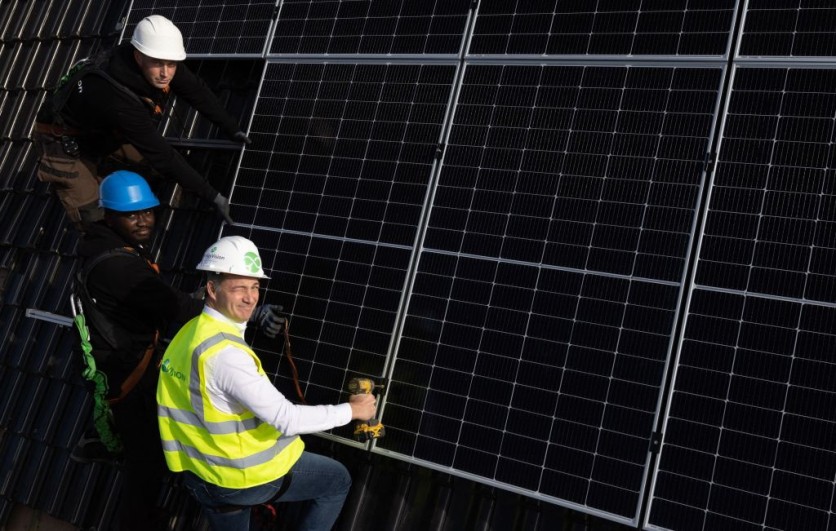California utility regulators approved significant modifications to the state's burgeoning rooftop solar market on Thursday, which they claim will help spread the cost of energy more equitably and lessen the state's dependence on fossil fuels at night, according to a report by AP.
The California Public Utilities Commission unanimously approved a policy that reduces the total price for selling excess power. Additionally, it changes electric prices in an effort to persuade individuals to install home storage systems with solar panels.
These changes may encourage the use of stored energy at night or return it to the grid to cut the state's reliance on fossil fuels.

Leader in Rooftop Solar Panels
California is known for leading the country in using rooftop solar panels, according to AP, more than 1.5 million houses and other buildings in the state now own solar panels.
Some solar households have low electric costs as a result of a decades-old policy that allows customers with solar panels to receive payment from their power providers if they share excess solar energy.
But customers of rooftop solar have come under fire for not contributing fairly to the rest of the energy system, which many still rely on for power at night.
Additionally, transmission equipment and labor to avoid wildfires are included in power rates, and regulators have approved a specific amount that utilities can recoup from households.
Even though California relies heavily on solar energy during the day, fossil fuels predominate in the evening. California occasionally has more solar energy available than it can use during the day, as per AP.
Read Also : 'Solar Rooftops:' Farmers Are Using Distributed Solar Panels On Walls and Roofs To Promote Green Farming
Battery Storage Systems
According to the commission, current rooftop systems can produce around 12,000 megawatts of power or about six times as much as the state's previous nuclear reactor's power-generating capabilities.
However, battery storage is still not widely used. According to estimates, between 16% and 20% of California's 150,000 homeowners that install solar panels each year also add battery storage systems.
In California, solar panels are now required for all newly constructed residences as of 2020, but storage is not included.
AP reports that the commission's vote came after three hours of heated debate during which some speakers accused the panel and Democratic Gov. Gavin Newsom's administration of impeding the state's efforts to combat climate change.
California has made strides toward its grandiose plans of moving the state off of oil and gas. A climate plan stating California must quadruple its solar and wind power by 2045 in order to become carbon neutral was also authorized by the state's air regulators on Thursday.
Related Article : 'Solar Facade': These Embedded Solar Panels Produce 50 Times More Power Than Standard Panels!

ⓒ 2025 TECHTIMES.com All rights reserved. Do not reproduce without permission.




